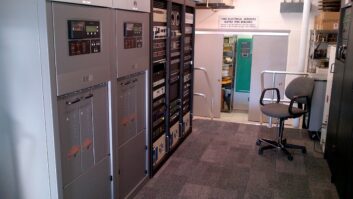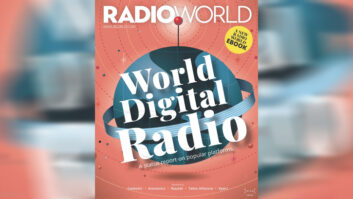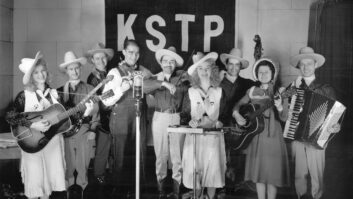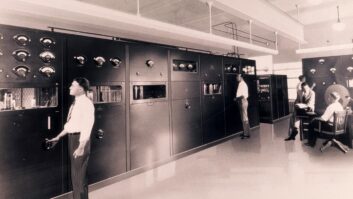BLANTYRE, Malawi — Privately owned radio station, Capital Radio is giving young people in Malawi an opportunity to talk freely on issues concerning sexuality, HIV and AIDS.
UNAIDS statistics puts the HIV prevalence in Malawi at 9.2 percent, one of the highest in the world.

Young people account for 18 percent of new HIV infections, particularly those between the ages of 15 to 24.
UNAIDS attributes this to the lack of adequate sexual and reproductive health information among youth. Capital Radio’s program, known as “Umoyo Wabwino” (“Better Life”) seeks to address that.

The program, run with funding from the President’s Emergency Plan for AIDS Relief (Pepfar), targets 15- to 29-year olds. The live program is co-hosted by Madalitso Phiri and Mc Farlane Mbewe.
Phiri says the idea was hatched after observing that most youths in Malawi do not have a platform to openly discuss issues concerning HIV, largely because of the stigma that is associated it.
He says AIDS, which is largely transmitted through sex, is not often discussed among the young people because it is regarded as a taboo subject.
“So, in the program we allow them to talk openly, sometimes without limit though not overly explicit. We allow them to express the words that are hidden in their heart, to call a spade by its name,” explained Phiri.

The program is more like a chat show rather than a traditional panel discussion. “We talk about various topics; some are planned and others just crop up in the course of the discussion,” he said. “We allow panelists to talk about their own experiences and that of others as well. We argue, counter argue and — just as important — we laugh out loud.”
Another staffer, Jane Kaonga, produces and presents a prerecorded version of the program. Armed with a Zoom recorder and Shure microphone, Kaonga walks into the remotest parts of the country to draw young people into the HIV discussion.
“We have talked to youths who have fallen victims of traditional practices that allow elder men to sleep with younger girls. We have also talked to traditional leaders on the matter who have told us such practices need to stop,” says Kaonga.
The radio show has already shown an impact. Executive Director of Nancholi Youths Organization, George Nedi, says that through the radio program, they have seen an increase in youngsters coming to have their blood tested at its Voluntary Testing and Counseling facility.
[Read: RNZ Pacific Using DRM to Feed Pacific Relay Stations]
“The program has helped us mobilize youth and convince them to turn to VCT. In the beginning, we used to draw in about 9.4 percent but now the figures have risen to 13.5 percent. Most of them literally tell us they were encouraged by the program they listen to on Capital Radio.”







